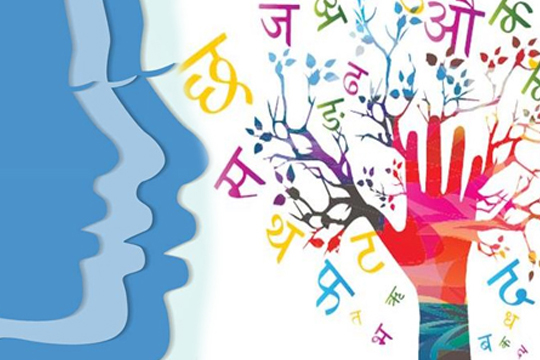People who inspire great change possess a huge reservoir of knowledge. And, often, when we speak about them, it is their wealth of knowledge that astounds us really. We relate extraordinary strides with extraordinary knowledge; when we look through the times, from the great philosophers of antiquity, to the great renaissance artists, to the great generals who led great armies what we find is the remarkable threshold of knowledge. And it goes without saying that books are the most phenomenal source of knowledge.
More than the display of great knowledge, it is the capacity for empathy that reading bestows on people who read that touches us the most in the narratives of their life.
Empathy is a vital leadership skill. Not only does it allow you to experience the feelings of people who are your subordinates, you also earn the trust and confidence of those around you.
Often times when people talk about the admirable grace of Obama what they really mean is Obama’s capacity for empathy. How he effortlessly connects with people’s emotions. Obama is a great reader. It shouldn’t be of great surprise then that Winston Churchill, one of the greatest leaders of Britain in modern times, won the Nobel Prize for Literature. Winston Churchill was a great leader who paid great attention to the art of reading.
And what is this thing about knowledge and empathy and books. Every book lover can tell you that reading a great novel is an immersive experience that can make your brain come alive with imagery and emotions and even turn on your senses. Reading can physically change the brain structure. And there is a certain kind of indescribable bliss that comes with losing oneself in a book. As we let go of the emotional and mental weight of everyday happenings, we give in to the joy of deep reading that allows us to feel what the characters in a story feel. This in turn makes us empathetic people in real life, becoming more sensitive and attentive to the lives of other people.
Books allow us see ourselves in someone else. We relate easily with the conditions of other people. We become the characters we read; we understand them from the inside.
Human beings are extremely social and we have to understand other people, the culture of other people, the sentiments of other people’s traditions, and the differences that exist in humanity. And reading is the best way to know all of these things.
What book does simply is give us an insight into the minds of other people. And every time we read a book, we make an effort at being a better person.





